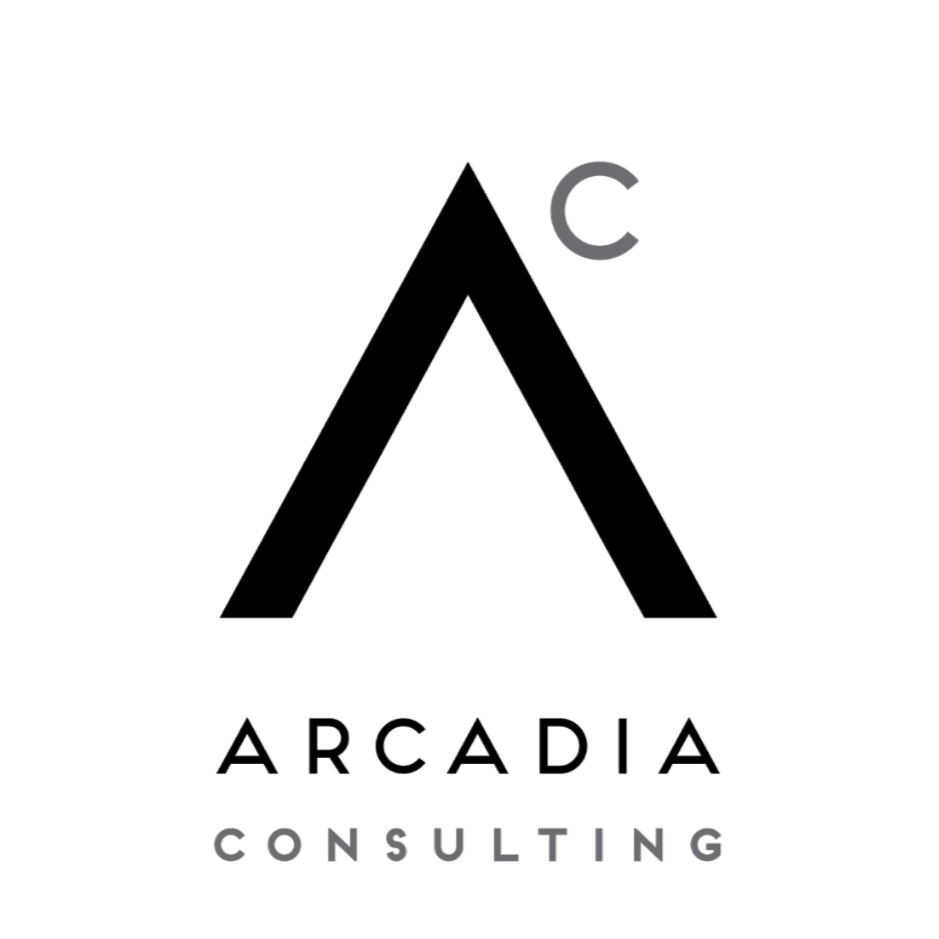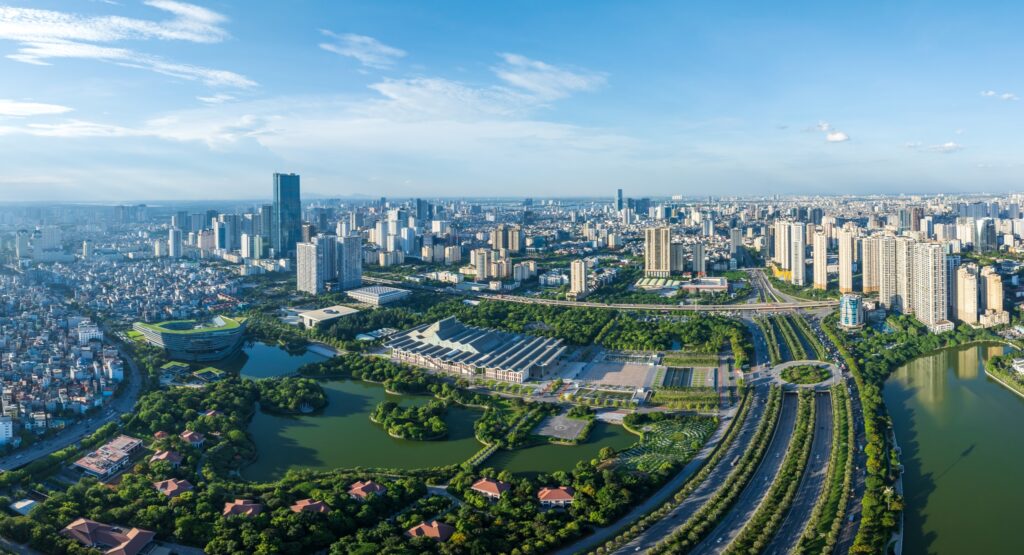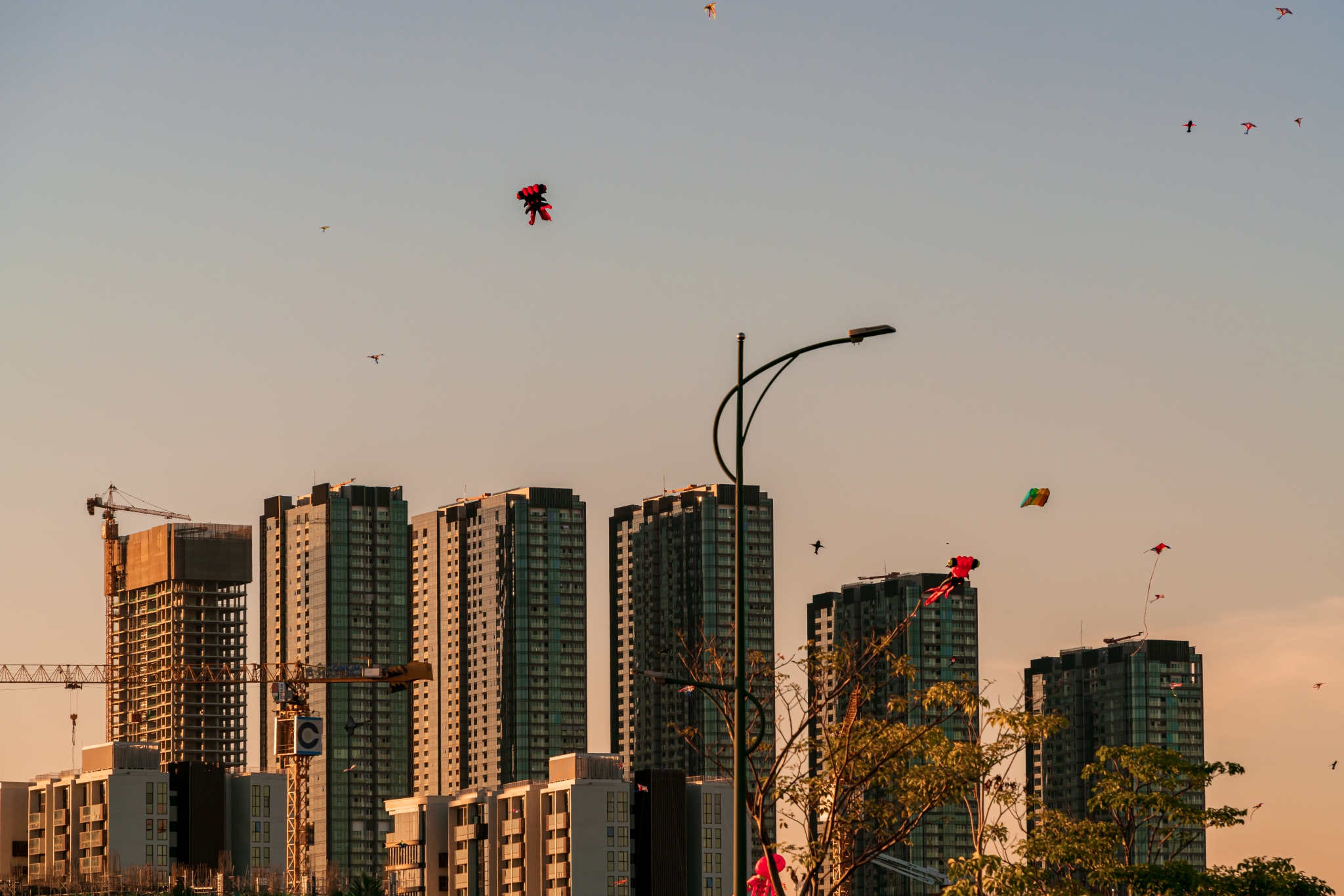VIETNAM REAL ESTATE: NEW OPENINGS FOR FOREIGNERS IN HANOI, SOARING PRICES AND MARKET SHIFTS
While Hanoi Capital City’s newly approved residential projects open up exciting opportunities for foreign investors, the market is clearly showing signs of strain. High prices, speculative activity, and affordability issues could challenge the sustainability of the current boom, leaving many potential buyers—both foreign and domestic—on the sidelines.
Hanoi Opens Doors to Foreign Buyers with Five New Residential Projects
According to the Ministry of Construction, between 2015 and Q3 2023, over 3,000 foreign nationals bought homes in Vietnam, with more than 50% of those transactions occurring in Hanoi—around 1,765 units. Chinese, South Korean, and Singaporean buyers dominate the scene, though there is also increasing interest from the U.S., Australia, Japan, and Malaysia. The demand surge is not slowing down, either—more than 1,000 units were sold to foreign buyers in Hanoi in the first half of this year alone.
In October 2024, Hanoi has approved five new residential projects for foreign ownership, expanding opportunities for international investors looking to tap into the capital’s booming real estate market. These developments, concentrated in the Nam Tu Liem and Thanh Xuan districts, are predominantly high-end apartment complexes, with market prices ranging from VND 70-100 million per square meter (approximately USD 2,900- USD4,100).
Three of the five projects are part of the massive Vinhomes Smart City development in Tay Mo Ward, Nam Tu Liem District, a mega-urban complex that’s rapidly becoming a magnet for foreign buyers. Specifically, the Z38M.1, Z38.1, and U39.1 towers, marketed under Imperia Smart City by MIK Group, are now open to international purchasers. Additionally, two more towers in the same complex—Z38M.1 and Z38.1, on plot F2-F4-CH05—have also been greenlit for foreign ownership.
Another notable addition is Masteri West Heights, also located within Vinhomes Smart City, and The Matrix One by MIK Group—specifically its HH2-1A tower. In Thanh Xuan District, the Viha Complex at 107 Nguyen Tuan Street, a mixed-use project developed by Xuan Loc Tho Co., Ltd., and Thong Nhat Printing & Trading JSC, rounds out the list.
These approvals come in the wake of Vietnam’s updated Housing Law, which took effect on August 1, 2023. Under the new law, foreign buyers can own up to 30% of the units in any residential building, capped at 250 units per ward-equivalent area. The maximum ownership period is now 100 years—double the previous limit—thanks to a one-time, 50-year extension option. This change not only improves the appeal of Vietnamese real estate for long-term investors but also puts it in line with more investor-friendly regimes across Southeast Asia.
Rising Apartment Prices Spark Concerns About Speculation
Vietnam’s real estate market is heating up—fast. In its Q3 2024 report, the Vietnam Association of Realtors (VARS) pointed to a sharp rise in demand, particularly in the residential segment. But there is growing concern that speculative buying is inflating prices in ways that could distort the market.
The demand for owner-occupied apartments is real—many apartment owners report receiving unsolicited offers from potential buyers. Meanwhile, new developments are getting snapped up quickly, with some projects seeing over 70% of their units reserved despite lofty price tags. But there is also evidence that a small group of speculators is helping to drive prices higher, creating a potential risk of market distortion.
In Q3 2024, a total of 22,412 residential units hit the market nationwide, with 14,750 of those being newly launched—a 60% jump compared to the same period in 2023. Of that new supply, nearly 70% consisted of apartments, amounting to about 10,000 units. What’s more, 70% of those new apartments were in the high-end or luxury segments, reflecting developers’ continued focus on premium properties. Mid-range units, meanwhile, are mostly limited to large suburban projects, and affordable housing has virtually disappeared from the market.
On the demand side, things are heating up even faster. There were 10,400 successful residential transactions in Q3 2024, an 80% increase year-on-year. The absorption rate—essentially the share of available units sold—stood at 51%, up 28 percentage points from the same period last year. Apartments, in particular, are in high demand, with about 75% of newly launched units being absorbed.
This demand is pushing prices higher, especially in the primary market. By the end of Q3 2024, the average price of a new apartment in Hanoi had climbed to nearly VND 60 million per square meter (USD 2,400), a staggering 64% increase from Q1 2019. In Ho Chi Minh City, new apartment prices are averaging VND 64.2 million per square meter (USD F2,600), up 30.6% over the same period.
On the secondary market, older apartments in Hanoi have seen prices flatten after a period of rapid growth. But in Ho Chi Minh City, older units are starting to see price increases again, driven by continued demand for homes in Vietnam’s commercial hub.
Mortgage Rates Hit Historic Lows, but Affordability Remains a Challenge
Despite mortgage rates being at historic lows, affordability remains a significant barrier for many Vietnamese homebuyers. A recent report from VCBS Securities showed that, in the first half of 2024, credit growth for real estate business loans was up over 10%, but consumer mortgage lending rose by just 1%. This disparity reflects a sobering reality: even with lower borrowing costs, many prospective buyers simply can’t afford to enter the market.
Rising home prices are the biggest issue. According to VPBankS Securities, the ratio of home prices to average incomes in Vietnam is now four to five times higher than what’s considered affordable by global standards. As a result, even though mortgage rates have fallen, many prospective buyers are finding themselves priced out.
Some banks are offering highly competitive rates. VietinBank, for example, has rates as low as 6% for the first 12 months, while Vietcombank is offering packages starting at 5.5% for shorter-term loans. After the promotional periods, floating rates hover around 9%, which is still low by historical standards but does little to offset the steep rise in home prices. Many other commercial banks are offering mortgages at rates between 4.6% and 7.3%, depending on the loan term, and even foreign banks are getting in on the action, with rates ranging from 5.3% to 7.75%.
Get professional insights in Vietnam properties, residential leasing and asset management services by Arcadia Consulting in Vietnam, reach our Residential Services team at rs@arcadia-consult.com.vn.


